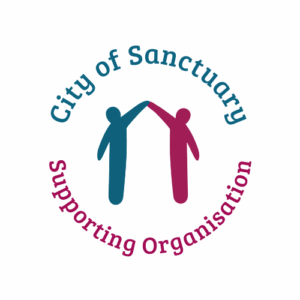A Level Accounting is for people who are interested in a career in financial management or business management. Even the very best business ideas will not get off the ground without sound financial management.
Accounting is how organisations measure, record and present information about the financial affairs of the business; in other words, it is about helping to ensure there is sound financial management.
One of the most important aspects of accounting is about making sure the financial records are accurate. However, it is just as important that the information taken from the records is used in the right way. It is, therefore, part of the job of the accountants in the business to advise on how to use financial information in a meaningful way.
YEAR 1: You will learn double entry book-keeping and use these fundamentals to cover aspects essential to good accounting practice. In the first year, the financial accounts for a sole trader are prepared in line with the relevant accounting standards and concepts. You will also be introduced to management accounting which explores how a firm calculates its selling price.
YEAR 2: The two main areas of accounting – financial accounting and management accounting are studied again to a greater depth. Financial accounting requires the annual accounts to be prepared for partnerships and limited companies. Management accounting requires you to analyse and interpret financial statements and draw conclusions for management decisions
Modules – A Level Accounting
1. An introduction to the role of the accountant in business
2. Types of business organisation
3. The double entry model
4. Verification of accounting records
5. Accounting concepts used in the preparation of accounting records
6. Preparation of financial statements of sole traders
7. Limited company accounts
8. Analysis and evaluation of financial information
9. Budgeting
10. Marginal costing
11. Standard costing and variance analysis
12. Absorption and activity based costing
13. Capital investment appraisal
14. Accounting for organisations with incomplete records
15. Partnership accounts
16. Accounting for limited companies
17. Interpretation, analysis and communication of accounting information
18. The impact of ethical considerations
Links to employers:
At Cadbury College, we work hard to work closely with employers to help our students prepare for the world of work or university. Through our industry connections, you’ll gain valuable insights and experience that reflect real workplace expectations.
Some employers we collaborate with include Forvis Mazars, Grant Thornton, HSBC, Bank of England, University of Birmingham, Cooper Parry and Deloitte — all offering opportunities to learn from professionals, understand industry trends, and develop the skills that matter most to employers today.















